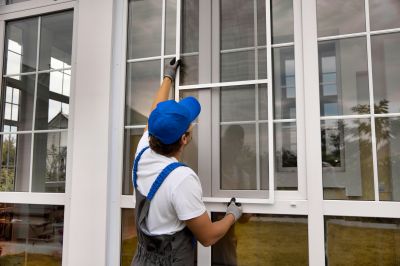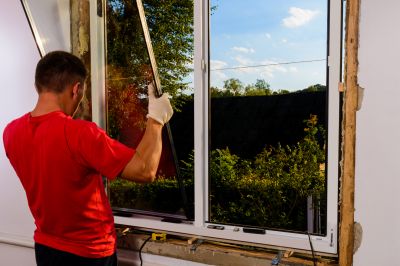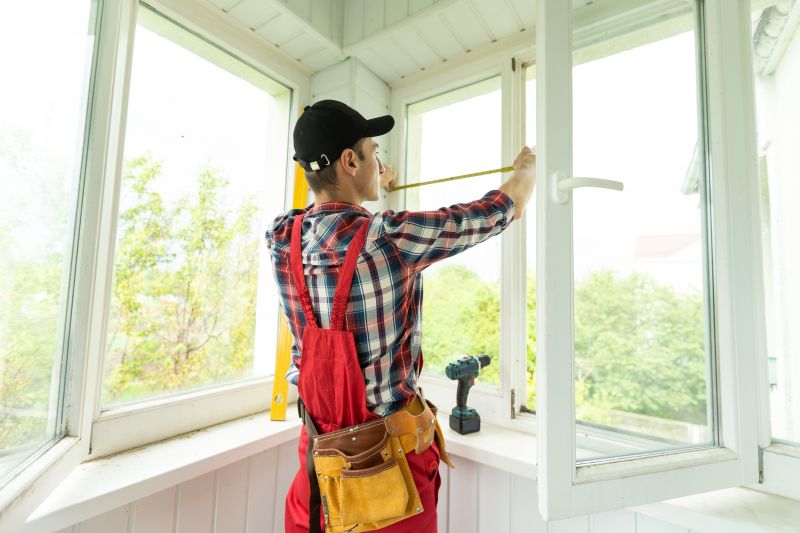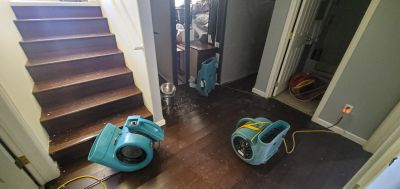Optimal Timing for Storm Restorations
Storm restorations are most effective when performed during specific periods that allow for thorough repairs and minimal disruption. The optimal time generally follows the occurrence of storms, but planning ahead during favorable weather conditions can enhance outcomes.
Immediately after a storm, inspections identify damage that requires urgent attention to prevent further issues.
Performing restorations during dry seasons reduces weather-related delays and ensures proper drying and sealing.
Scheduling during off-peak times can lead to quicker service and more flexible appointment options.
Avoiding storm seasons and periods of heavy rainfall minimizes risks and allows for safer, more effective repairs.

Ways to make Storm Restorations work in tight or awkward layouts.

Popular materials for Storm Restorations and why they hold up over time.

Simple add-ons that improve Storm Restorations without blowing the budget.

High-end options that actually feel worth it for Storm Restorations.

Finishes and colors that play nicely with Storm Restorations.

Little measurements that prevent headaches on Storm Restorations day.
Storm restorations play a critical role in restoring properties affected by severe weather events. Effective restoration involves comprehensive assessments, timely repairs, and weather-appropriate scheduling. Statistics indicate that properties repaired promptly after storms experience fewer secondary damages and reduced repair costs. Proper planning and execution during optimal weather periods can significantly improve the durability and longevity of restoration work.

A 60-second routine that keeps Storm Restorations looking new.

A frequent mistake in Storm Restorations and how to dodge it.

Small tweaks to make Storm Restorations safer and easier to use.

Lower-waste or water-saving choices for Storm Restorations.
Interested property owners are encouraged to contact for detailed assessments and scheduling options. Proper timing and preparation can help ensure resilience against future storms and minimize repair costs.
